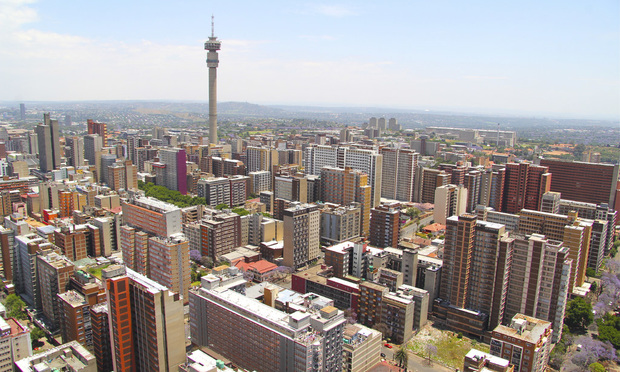Many South African law firms are teetering on the brink of ruin due to the extended COVID-19 lockdown, research has shown.
With an estimated 30,000 to 40,000 South African lawyers, most law firms in the region are small, consisting of one to 10 partners. Now, many are facing significant hardships as COVID-19 grips the nation. A nationwide survey of legal practitioners this month by Goldfields Attorneys Association, shows that 63% of respondents lost more than 60% of their income during April due to the lockdown.
“Our findings revealed that 24.4% of law firms were unable to pay any staff salaries, 40.3% could only partially pay salaries, and only 35.3% could pay the full salaries of all employees,” said the association’s co-chairman Martus de Wet.
The South African Black Lawyers Association (BLA) has requested the Legal Practitioners’ Fidelity Fund (LPFF) to establish a R1 billion fund (nearly $54,000), to assist legal practioners and firms who are battling to survive the COVID-19 crisis.
“We have also asked the Justice Minister, the Law Society of South Africa, and other legal bodies to support our request, which is vital for the continued existence of the legal profession,” says BLA president Mashudu Kutama.
The BLA supports all individual lawers, advocates and magistrates across all ethnic groups.
“[The LPFF] is currently sitting with reserves of R5 billion [nearly $270, 000], and is therefore in a position to do so,” said Kutama.
“We are looking to seccure the funding in the form of grants distributed based on a means test conducted by a professional committee.”
Many small firms have clients that are in the type of businesses that have not been allowed to operate during the lockdown, which has been going on for nearly seven weeks with no significant easing in sight.
Commercial firm Padi Incorporated Attorneys is such a firm, who’s founder Thabo Padi said: “The whole process has left us bleeding.”
He said that he guaranteed the salaries of his five lawyers and other 10 staff for the whole of March and April, the bulk of which he paid out of his own personal savings. The government Unemployment Insurance Fund (UIF) covered the other 30% of the bill.
“Unfortunately, the lockdown happened at the end of March, giving us no time to issue invoices,” said Padi. “By the time we did, our clients’ offices were closed and there was nobody there to pay them.”
It will be a case of the survival of the fittest, said Kutama.
“In a worse case scenario, many small firms will be forced to close their doors, and some will just abandon their offices and their clients and walk away,” he said, adding: “And those who remain will be left with large debts.”
Read more
How Africa’s Biggest Law Firms Are Bearing Up in the Age of COVID-19
Law Firms Across Africa Respond to the Spread of COVID-19
NOT FOR REPRINT
© 2024 ALM Global, LLC, All Rights Reserved. Request academic re-use from www.copyright.com. All other uses, submit a request to [email protected]. For more information visit Asset & Logo Licensing.
NOT FOR REPRINT
© 2024 ALM Global, LLC, All Rights Reserved. Request academic re-use from www.copyright.com. All other uses, submit a request to [email protected]. For more information visit Asset & Logo Licensing.










